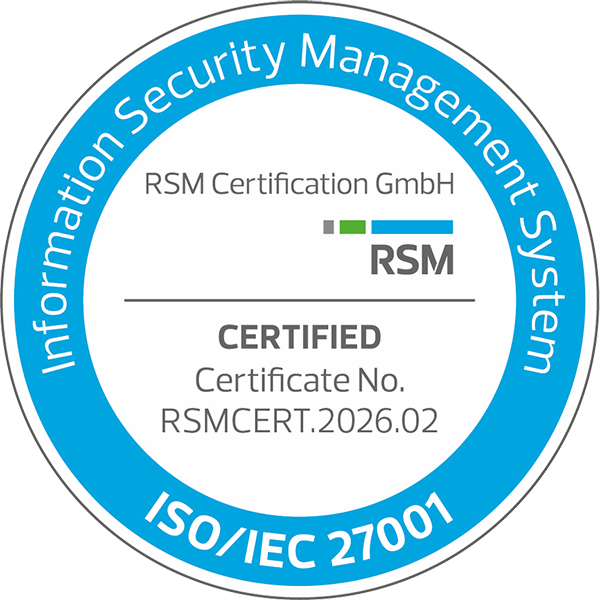As an administrative regulation, it governs how electronic business data must be recorded, processed, stored and retained in order to meet tax law requirements. The administrative regulation is primarily aimed at tax offices at federal, state or local level. Requirements for companies arise directly from this regulation.
Importance of the GoBD for companies
The GoBD ensure that tax-relevant data is archived in a tamper-proof and traceable manner. This includes in particular
- Immutability: Once recorded, data may not be changed without documentation.
- Traceability and verifiability: All postings must be comprehensible and fully traceable for audit authorities.
- Regularity: Data must be processed systematically and correctly.
- Retention obligation: Digital receipts and documents must be archived for up to ten years, depending on their type.
- Data access: The tax authorities have the right to direct or indirect access to tax-relevant data.
GoBD and ECM systems
Enterprise content management (ECM) systems support companies in efficiently implementing the GoBD requirements. Modern ECM solutions offer
- Audit-proof archiving of documents and receipts
- Automated logging of all changes and accesses
- Access controls to ensure data integrity
- Digital workflows for compliance with GoBD requirements
In many cases, an ECM system forms the basis for many other applications. It often includes document management to map document-intensive business processes, such as incoming invoice processes.
Conclusion
Compliance with the GoBD is essential for companies to ensure tax security and make digital processes legally compliant. An ECM system helps to meet the requirements efficiently and ensures secure, audit-compliant document management.
FAQ on GoBD
Which documents are subject to the GoBD?
All tax-relevant documents fall under the principles. According to Section 147 (1) of the German Fiscal Code (AO), this includes books, records, management reports, annual financial statements, inventories, business and commercial letters and all types of accounting vouchers.
Are PDF documents subject to the GoBD?
Yes, as soon as the PDFs are fiscally relevant. Incidentally, e-invoicing will be mandatory from January 2025 in Germany. As a result, invoices must be transmitted as a ZUGFeRD PDF or as an XRechnung and archived as an e-invoice in compliance with GoBD.
What are the consequences of GoBD violations?
As long as the bookkeeping is traceable and verifiable, violations of the GoBD do not necessarily lead to negative results. If this is not the case, there may be significant additional tax estimates.
To whom does the GoBD apply?
Die Grundsätze gelten für alle Unternehmen und Selbstständigen in Deutschland, die steuerlich relevante Daten verarbeiten. Dies umfasst insbesondere:
- Companies: All types of companies, regardless of their size or sector, must comply with the GoBD.
- Self-employed persons: Sole traders and freelancers are also obliged to comply with the principles.
- Organizations: Non-profit organizations and associations that process tax-relevant data must also comply with these principles.


